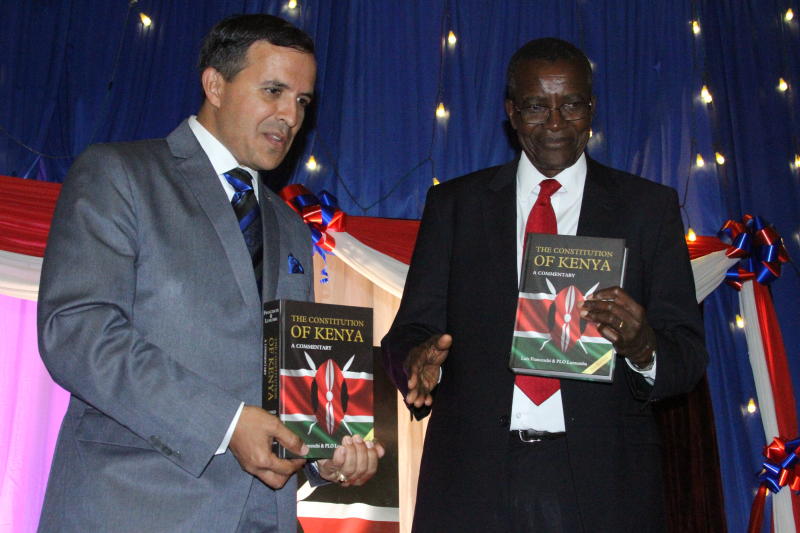×
The Standard e-Paper
Smart Minds Choose Us

It will take the Judiciary four years to clear the backlog of cases unless more judges and magistrates are hired.
With 674 judicial officers against 52 million Kenyans, Chief Registrar of the Judiciary Anne Amadi said yesterday that the number of fresh cases filed in the last fiancial year plus pending ones were overwhelming for the current judcial officers.